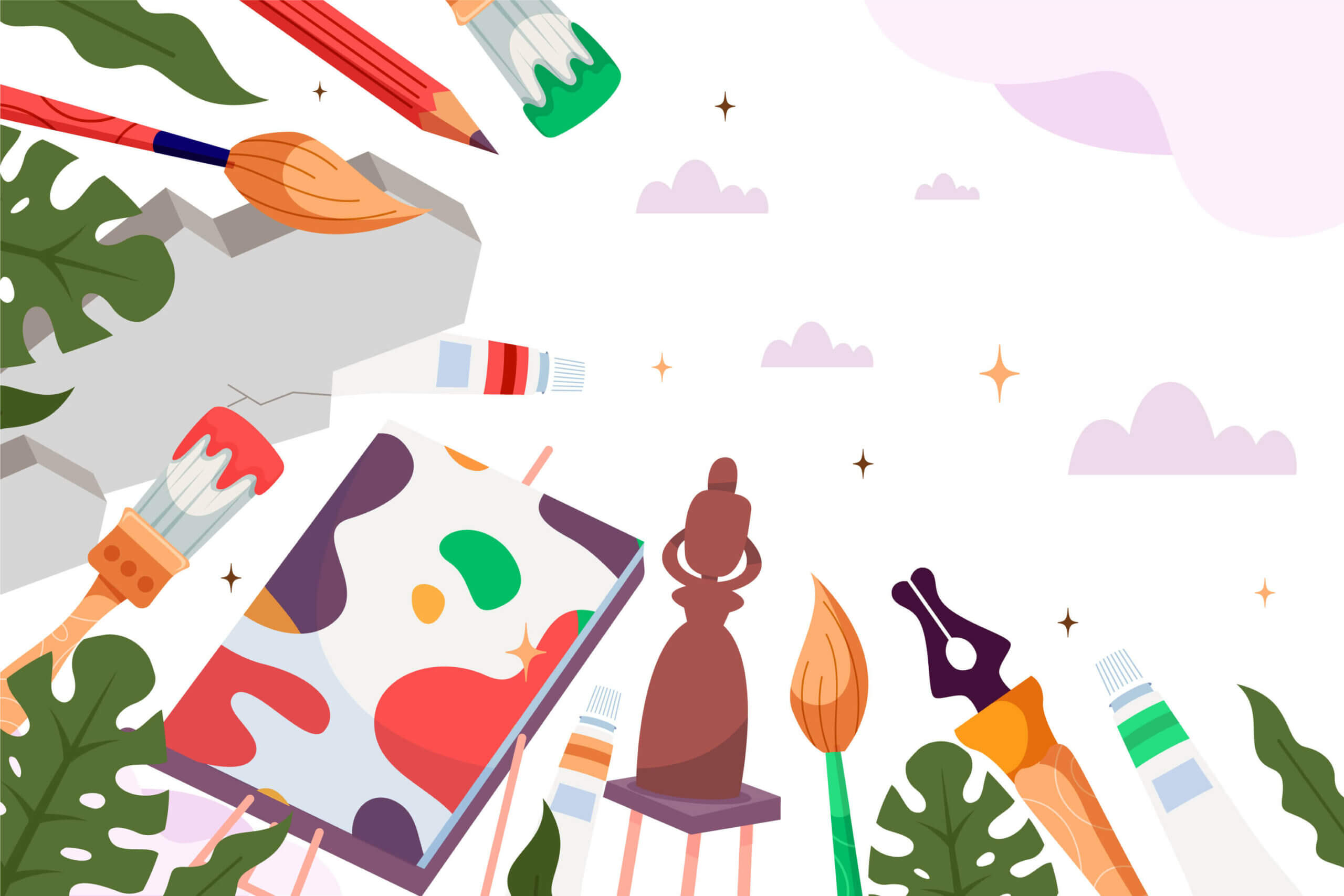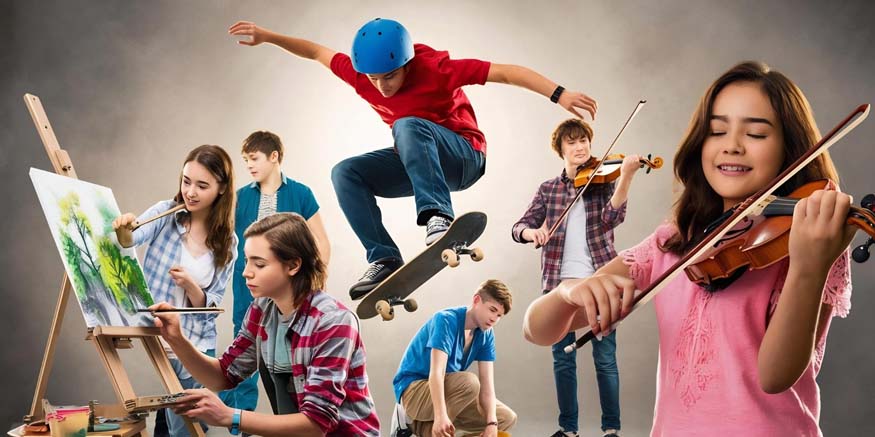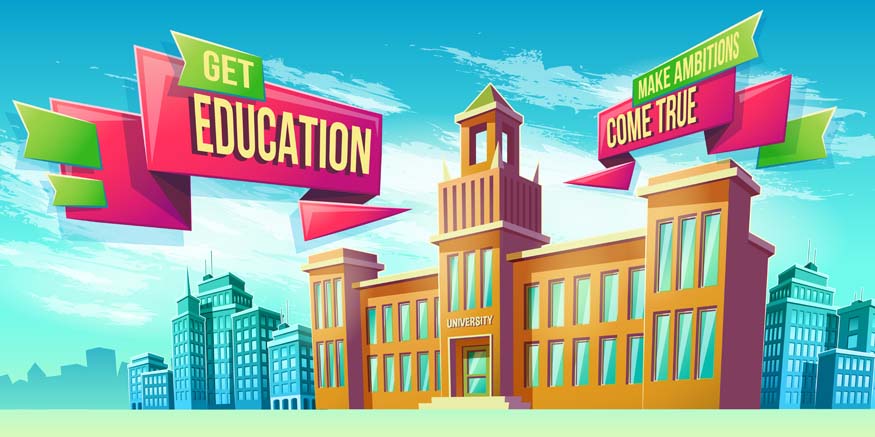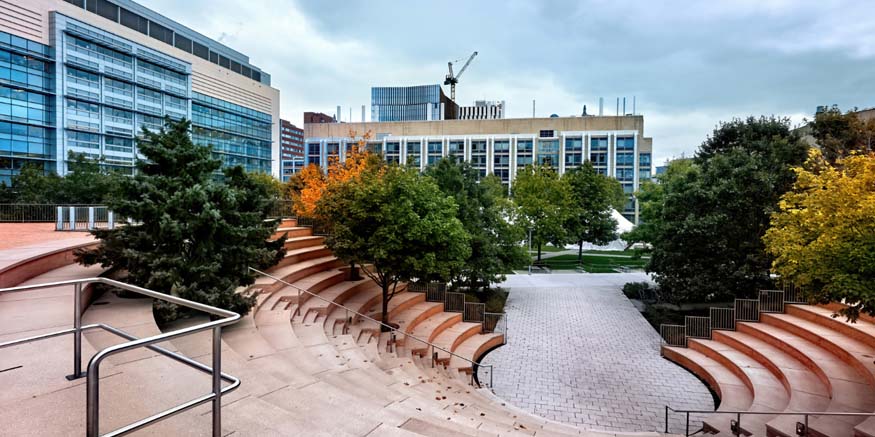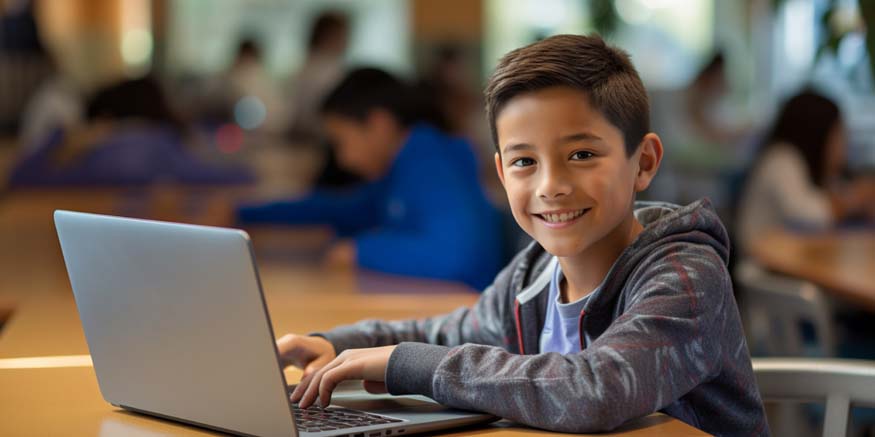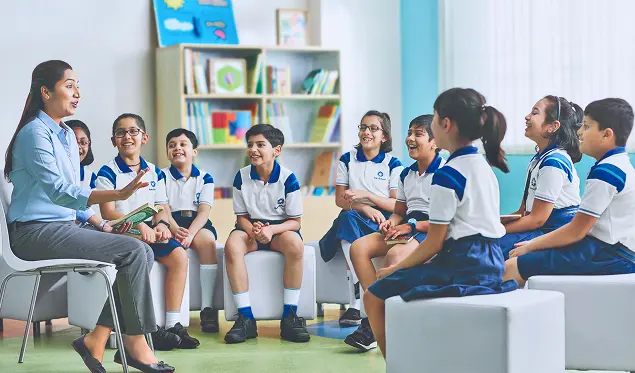Artistic expression has many different forms both in practice and study. Arts education offers instruction on these mediums which includes disciplines from visual arts, music, dance, theatre to literature. Economic development hinges on having a workforce equipped with diverse skills whether practical or analytical. Cultivating creative thinking skills combined with cultural appreciation courses ensures broader opportunities for learners.
Also Read: 10 Fun Ways To Train Your Child’s Creativity
Role of Arts in Education
As an integral part of educational programs globally, we cannot disregard how crucial the role of arts in education is alongside traditional academic subjects. The question then becomes, what makes the role of arts in education so vital to personal development? Let us take an in-depth look into some pivotal points that illustrate precisely how important art is within an educational setting.
- Creativity and Imagination – Arts education offers immense value by providing individuals with a canvas on which they can unleash their creative instincts boosted by immersive experimentation with various materials & techniques. This process naturally inspires innovative thinking unhampered by conventional norms that stifle such intellectual growth. This can be due to dullness as people seek comfort zones instead of exploring unknown possibilities. The free expression experienced during this journey becomes instrumental in honing originality for ground-breaking disruptions across many fields ranging from science to art forms itself.
- Critical Thinking and Problem-Solving – Arts require deep analysis, and interpretation of sensory experiences or observations followed by decisions that rely on them. By evaluating creative expressions thoroughly and responding smartly, people can develop exceptional critical thinking skills that help them come up with imaginative solutions for artistic obstacles.
- Emotional and Social Development – Nurturing emotions is one of the significant components of arts education that contributes significantly to an individual’s well-being. Artistic activities such as drawing or painting provide a cathartic experience where one can process their feelings while conveying their message creatively. This results in a better understanding of one’s thoughts, and emotions thereby improving the emotional Intelligence quotient further leading to self-awareness. As well as appreciation towards peers, art encourages collaboration which leads to effective communication skills; it promotes team-building capabilities including empathy towards other individuals resulting in personal growth.
- Cultural Appreciation and Diversity – In our ever-changing society where diversity is becoming increasingly important, the role of arts in education plays an integral part in fostering cultural appreciation and understanding among individuals. Exposing students to different cultural traditions, artistic styles, and perspectives through various art forms such as music or dance, helps them develop empathy towards people from diverse backgrounds, ultimately leading them towards embracing differences across cultures with open hearts. Thus cultivating global thinking abilities essential in this interconnected world today.
- Communication and Expression – An artistic expression is a powerful tool that allows individuals to communicate their thoughts and emotions through diverse modes. Whether through visual renderings, musical compositions or dance movements, artistic forms of communication enrich our ability to articulate ideas and deepen our understanding of ourselves and others.
- Multisensory Learning – With its focus on multiple senses, the role of arts in education provides a fruitful multisensory approach to learning. Such an approach can have benefits including improved memory retention, cognitive development enhancement, and accommodation for varied learning styles.
- Confidence and Self-Esteem – For many individuals, engaging in artistic activities serves as a powerful tool for developing confidence and self-esteem. This happens when they devote time to honing their art skills, resulting in feelings of competence and achievement. It is this growing sense of mastery and confidence that propels them towards taking on new challenges with enthusiasm.
- Integration with Other Subjects – An advantageous strategy for improving academic outcomes is to merge art with traditional subject matter such as science, maths, history, and language arts. Doing so will encourage interdisciplinary interaction while enriching students’ overall educational experience.
- Career and Life Skills – Arts education unlocks a vast range of universal capabilities essential for one’s professional development and daily trials. The ability to think outside the box with creative finesse; being equipped with acute analytical instincts for difficult problems; efficiently collaborating through sophisticated communication strategies; being adaptable when navigating change and sustaining perseverance when facing challenges are among these valuable transferable abilities attainable through artistic development practices. Occupations do not limit these competencies’ relevance as they complement various other domains of industry operations.
- Personal Growth and Well-being – It is quite apparent that participating in artistic activities is incredibly conducive to positive mental health outcomes as well as overall well-being. Artistic expression promotes self-discovery, stress relief and the release of built-up emotions contributing towards feelings of enhanced personal growth. This helps individuals develop higher resilience levels leading towards holistic wellness that includes both physical illness prevention as well as mental stability maintenance.
Educational institutions can harness the power of art by incorporating it into the curriculum whilst encouraging innovation through artistic exploration. By adopting such strategies, individuals can tap into their creative capacity, and enrich their academic endeavours while cultivating highly sought-after skills that bolster overall development in both professional and personal realms.
Also Read: Tips for engaging children in arts and music
Role of an Artist
Artists play an integral role in shaping our cultural landscape. The role of an artist whether through paintings or poetry or music or film is their ability to uniquely reflect upon the human experience that makes their work so special. By evoking strong emotions and inspiring new ways of thinking about ourselves and the world we inhabit – an artist’s work has the power to transcend boundaries of age, geography and culture alike. Thus it is worth it for us to appreciate all Artists who contribute towards enhancing our understanding of each other all around the globe.
The role of creativity in art making plays in crafting visual artworks is vital because it provides an impetus for producing original work rooted in innovative ideas. Creative expressions enable any artist’s capacity for thinking beyond established margins. This is done by exploring new perspectives that align with personal views backed by an existing skills honed over time within a particular medium or across various platforms used for artistic creation. Artists test diverse techniques using different materials or adopting varying approaches whilst manifesting their expressions leading them towards affirming self-awareness grounded on individualistic choices regarding personal reflection prompting transformative undertakings facilitated by this power within.
Also Read: Hard skills for students: what they are and how to develop them
Conclusion
At Euroschool we understand that the role of arts in education plays an integral part in supporting individual development by instilling creativity, critical thinking skills, cultural appreciation, and personal growth. By participating in arts education programs or endeavours alike, individuals gain access to an array of diverse artistic disciplines that serve as means for self-expression while engaging in productive or meaningful artistic experiences. The incorporation of Arts into formal educational curriculums promotes holistic learning while simultaneously developing transferable life skills essential to long-term well-being.
We enable students to understand that artists assume a multi-faceted role beyond functioning merely as creators. They have substantial abilities when it comes down to provoking thought processes that inspire change and preserving culture, all whilst reflecting upon timeless human experience passages. Creativity stands paramount when it comes down to creating artwork. By recognizing this tremendous potential of creativity at play within both the role of creativity in art making practices and the broader realm of art education at large, we can cultivate a society that celebrates artistic expression and its positive influence on both individual and community well-being.

